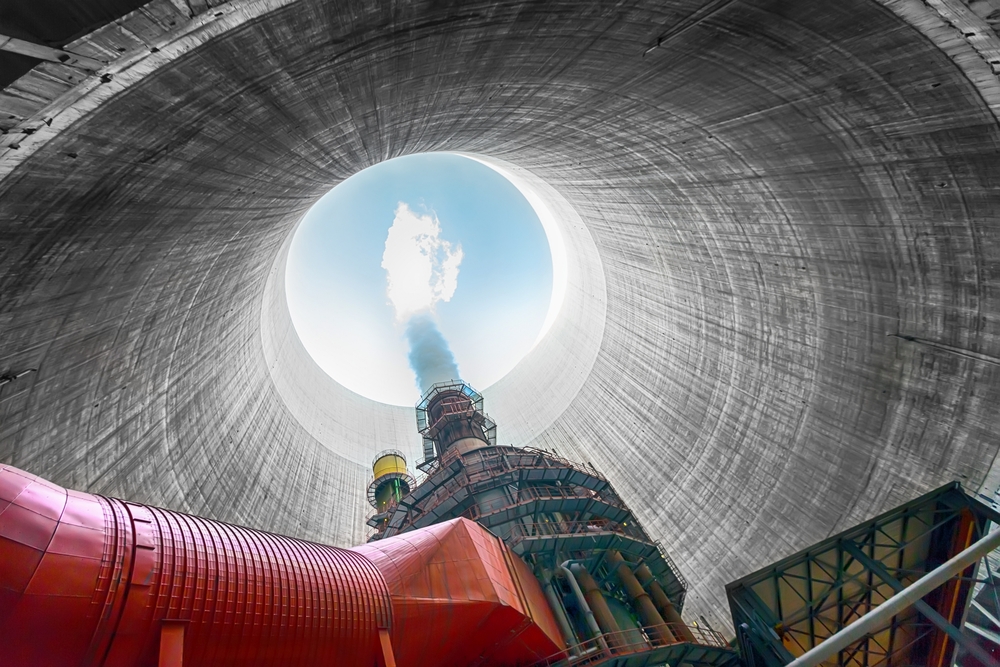
Nuclear energy has been a controversial topic for decades due to concerns over safety and potential environmental impacts. In the United States, nuclear power plants are heavily regulated by the Nuclear Regulatory Commission (NRC) and other federal and state agencies. These regulations have evolved over time as new nuclear technologies have emerged.
The Atomic Energy Act of 1954 established the NRC as the regulatory body for nuclear power in the United States. The NRC’s mission is to protect public health and safety, promote the common defense and security, and protect the environment. The agency has the authority to issue licenses for nuclear facilities and to enforce compliance with safety regulations.
In recent years, there has been a push for new nuclear technologies that promise to be safer and more efficient than traditional nuclear reactors. One such technology is small modular reactors (SMRs), which are designed to be smaller and more flexible than traditional reactors. These reactors can be built in factories and shipped to their final locations, reducing construction costs and timelines. However, these new technologies are not yet fully developed and are still subject to regulatory approval.
The NRC is currently in the process of developing regulations for SMRs and other advanced nuclear technologies. In 2020, the agency issued a draft regulatory framework for these new technologies, which includes requirements for safety and security, emergency preparedness, and environmental protection. The NRC has also established a new office to focus on the development of advanced nuclear technologies.
Last month, Reps. Earl L. “Buddy” Carter (R-GA) and Scott Peters (D-CA) reintroduced the bipartisan Global Nuclear Energy Assessment and Cooperation Act. Rep. Carter explained,
“With this bill, we have the opportunity to not only strengthen our own nuclear energy sector, but also expand access to American technologies and build a sustainable, reliable baseload energy grid around the globe. I’m eager for Congress to take up this and other important nuclear legislation and I thank Rep. Peters for his support.”
In Europe, nuclear energy is regulated by the European Nuclear Safety Regulators Group (ENSREG) and the International Atomic Energy Agency (IAEA). ENSREG is responsible for coordinating nuclear safety regulations among its member states, while the IAEA is an international organization that promotes the safe and peaceful use of nuclear technology.
Like the United States, Europe has seen a push for new nuclear technologies in recent years. The European Union’s Horizon 2020 program has invested in research on advanced nuclear technologies, including SMRs. The European Commission has also established a working group on nuclear safety and security to ensure that regulations keep pace with new technologies.
The regulations surrounding nuclear energy are constantly evolving as new technologies emerge and concerns over safety and environmental impacts grow. One reason for this is the high stakes involved in nuclear power. The consequences of a nuclear accident can be catastrophic, both in terms of human health and environmental damage. As a result, regulations must be strict and continuously updated to ensure that nuclear facilities operate safely and securely.
Another reason for changing regulations is the need to balance the benefits and risks of nuclear power. Nuclear energy has the potential to provide a reliable and carbon-free source of electricity, but it also generates nuclear waste and poses risks to public health and the environment. As public attitudes and priorities change, so do the regulations governing nuclear power.

0 Comments